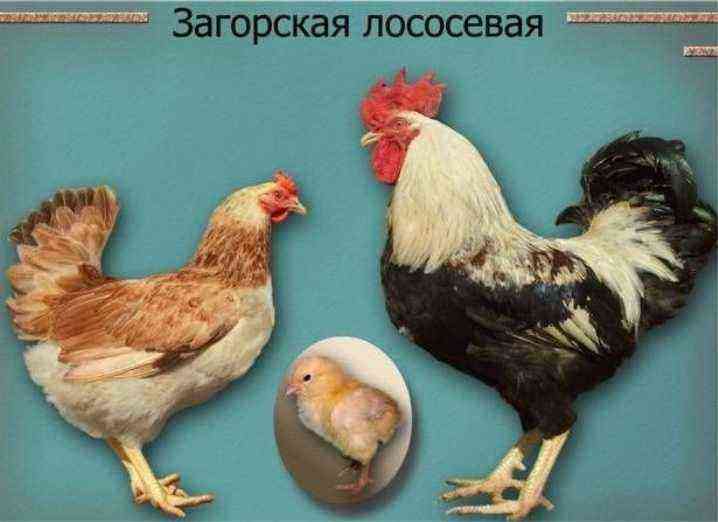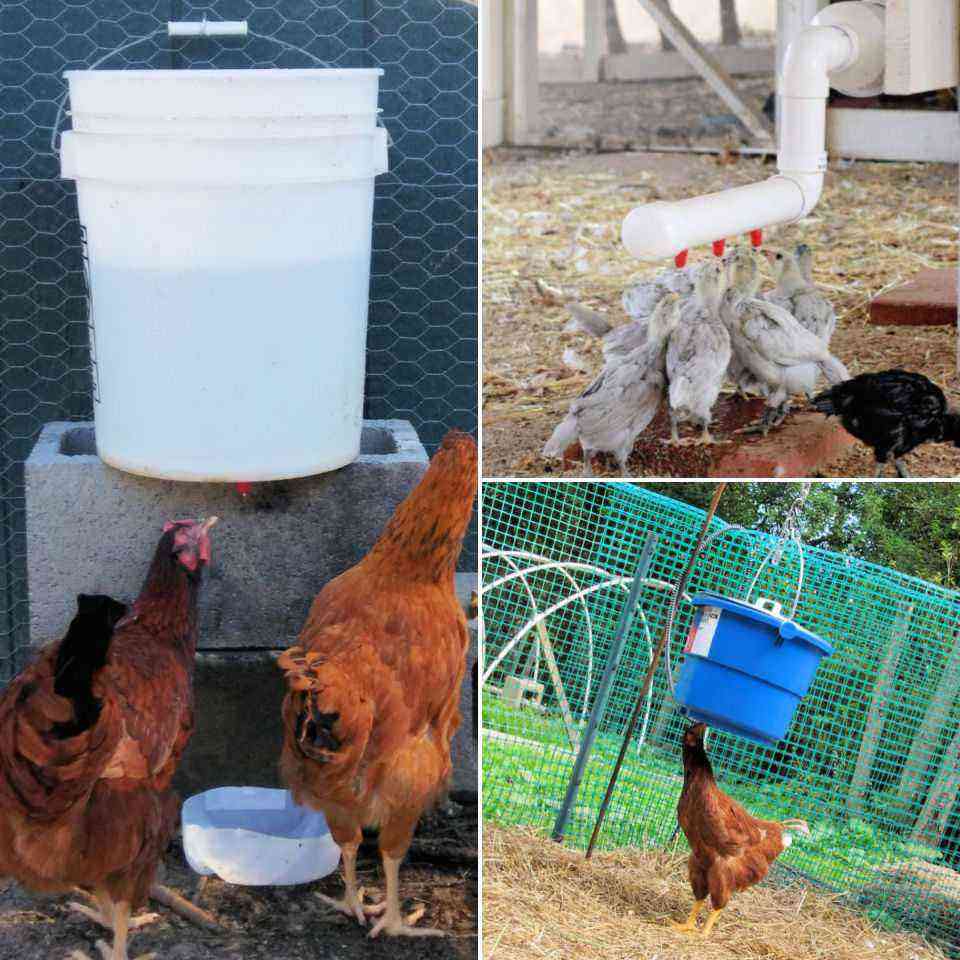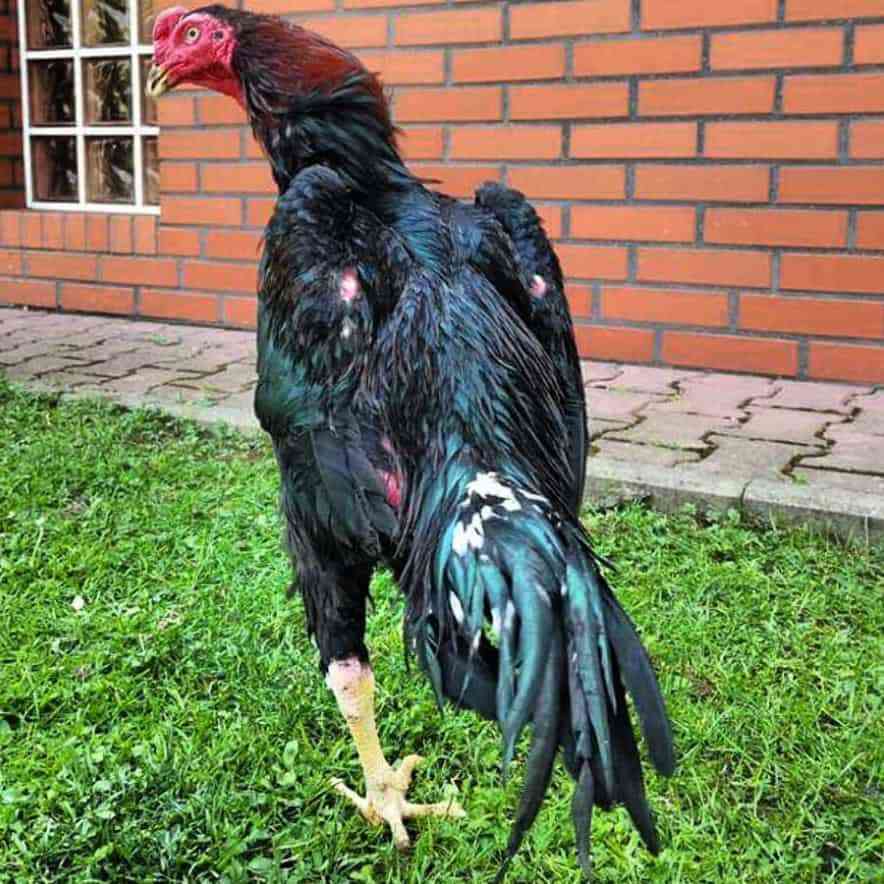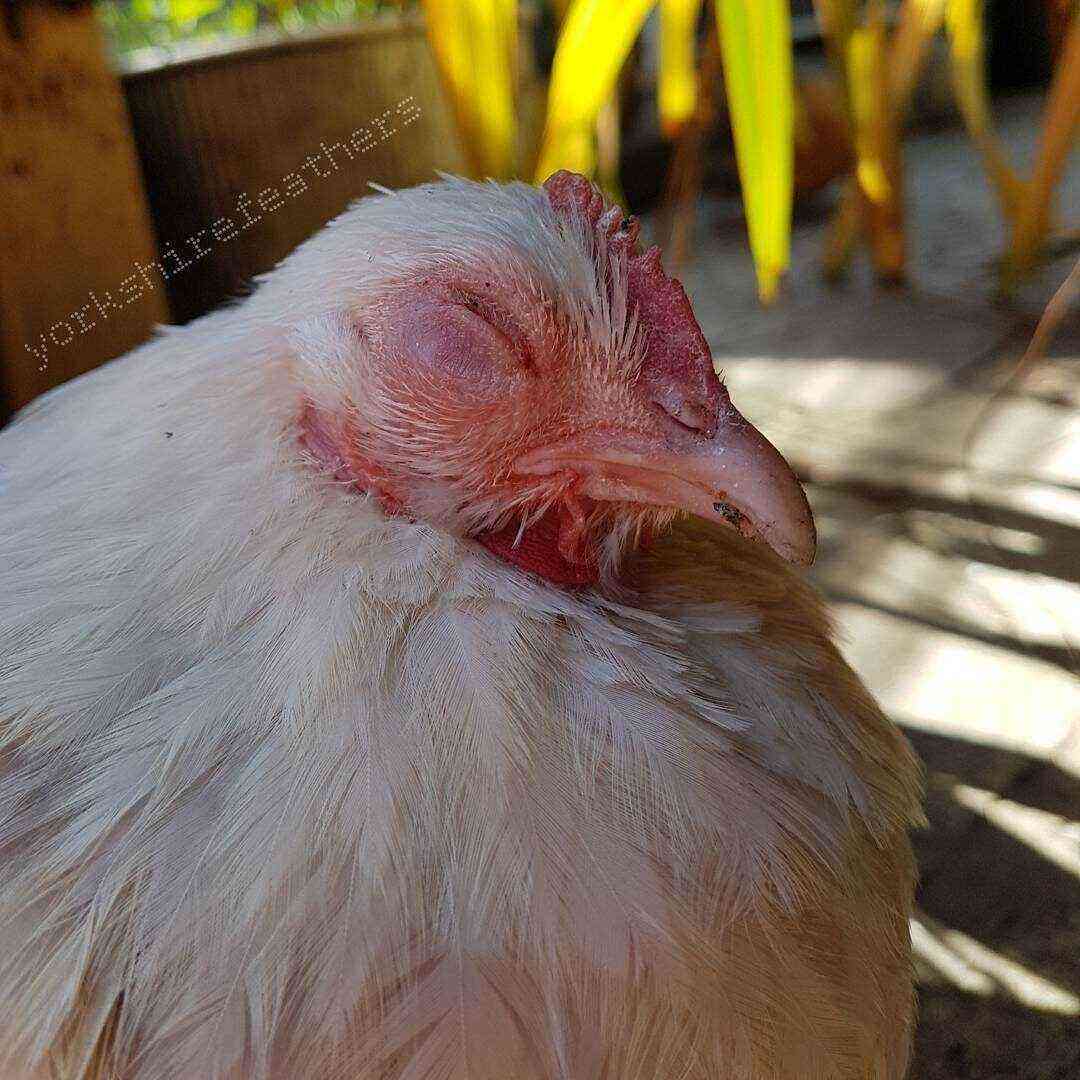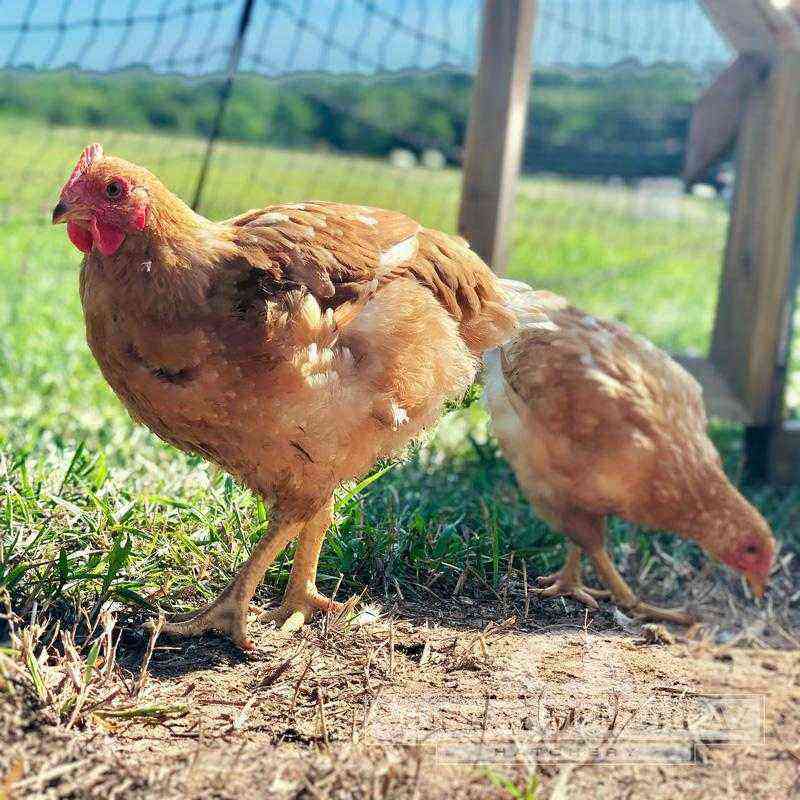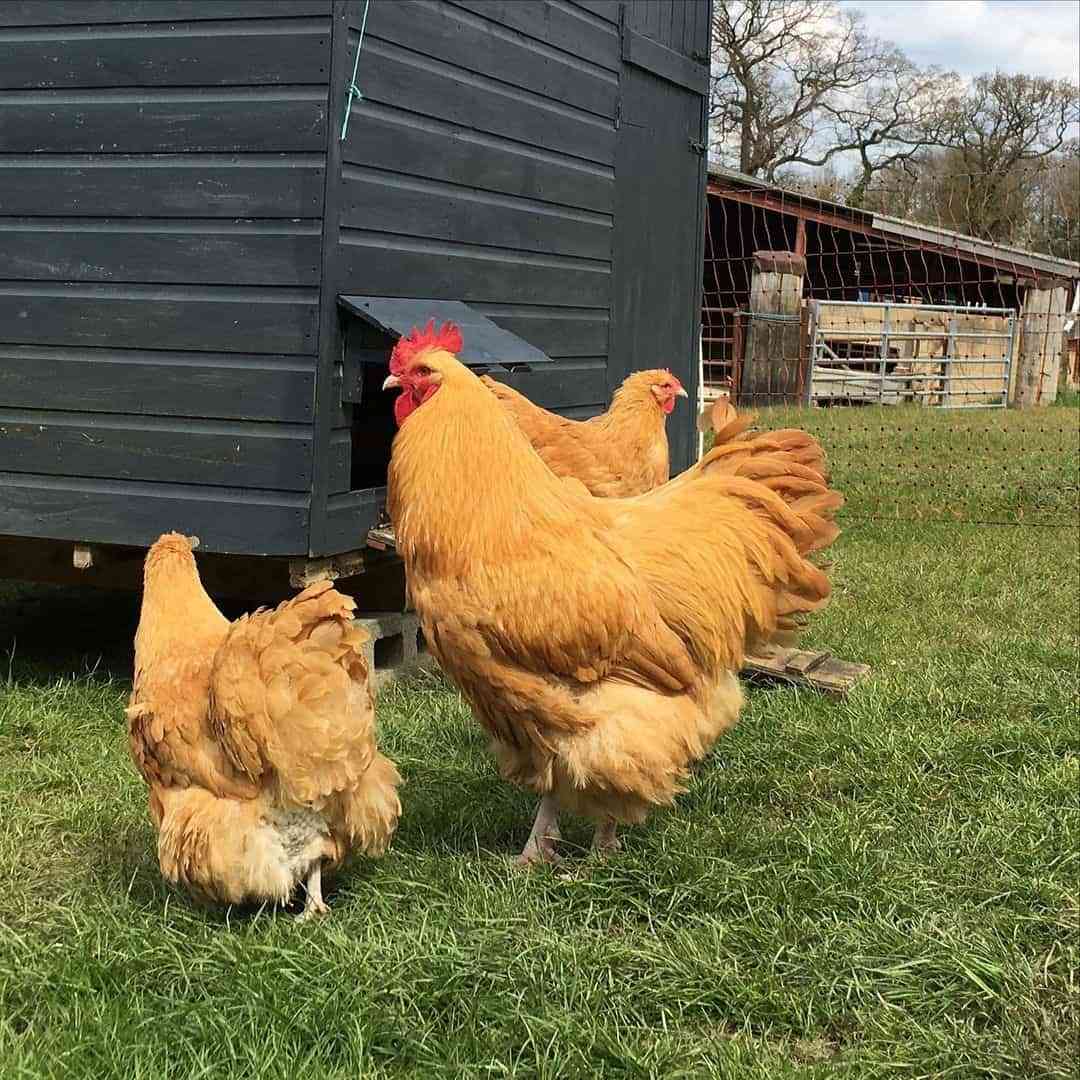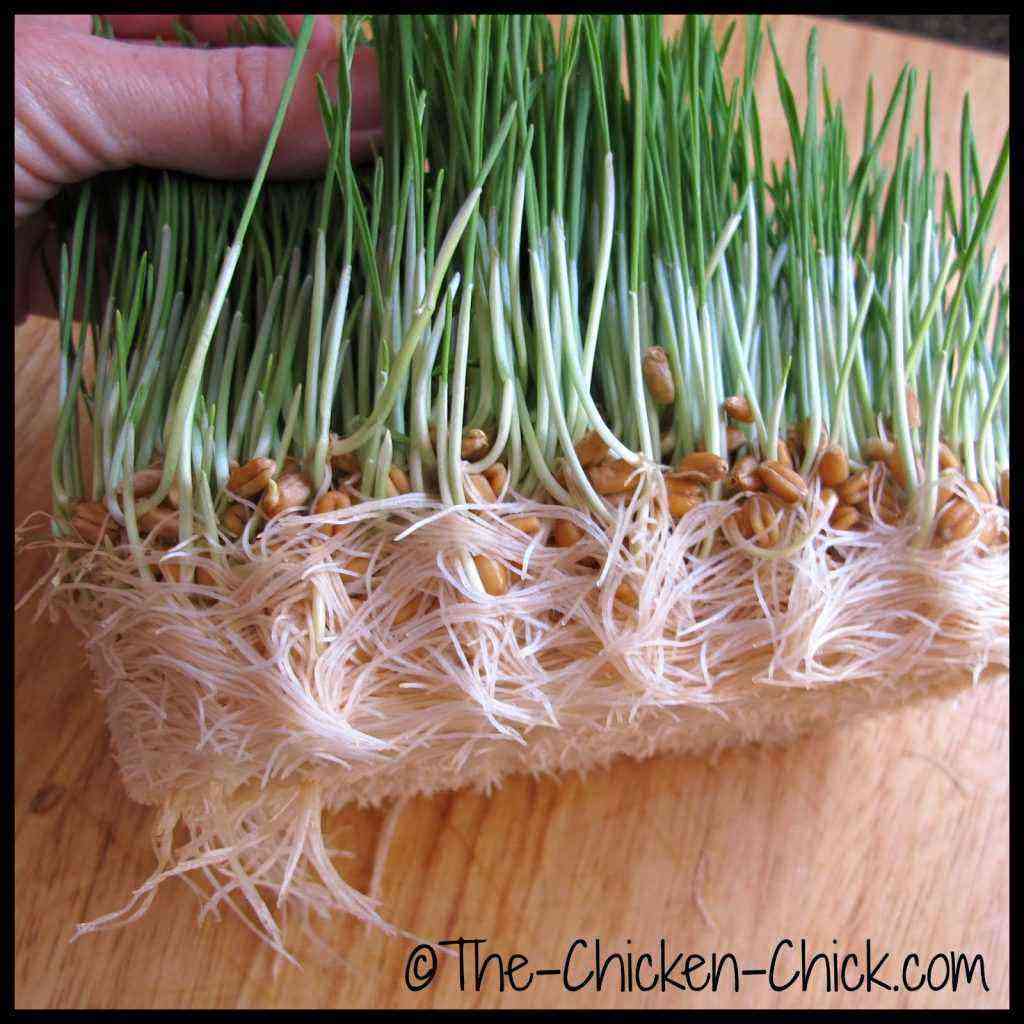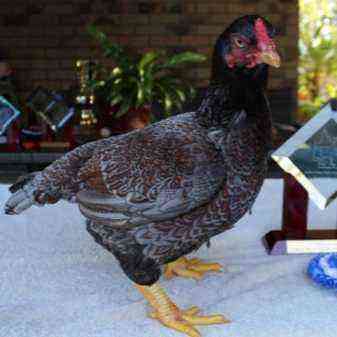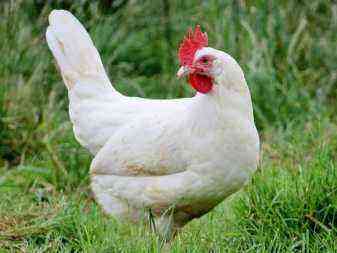Very often, in domestic poultry farming, hens are kept only for eggs. Many farmers are faced with the fact that the birds stop laying for one reason or another. You have to deal with them, otherwise the chickens will be of no use. Today we will consider in detail why such a poultry stops laying eggs and what needs to be done about it.
How many eggs can hens lay?
Very often, farmers do not keep chickens for meat, but for regular fresh batches of delicious homemade eggs. In most cases, this bird rushes without problems, but it happens that due to some reason this natural process stops.
It is necessary to consider how many eggs hens can usually lay. Let’s dwell on this issue.
- Outbred and meat and egg chickens, for example, Amrox or Adler, can bring their owner about 200 testicles a year. However, this figure will be relevant only if the bird is kept in warm conditions throughout the specified time.
- Breckel, Leghorn or Loman Brown can give a farmer more than 300 testicles.
- As for meat chickens, then they usually do not show special abilities in egg production. Some breeds in this category can produce about 100 testicles per year (rarely a little more than 100).
Since the production of hens lasts for a couple of years, this period must be used productively in order to get the maximum number of testicles. Chickens usually lay only once a day, and this does not happen every day. The performance level of the farm must always be maintained. It is very important to pay due attention to the age of poultry. Hens who have reached 4 years old stop laying. In this age range, a bird can become a good mother hen.
Why do they stop running?
If the hens suddenly stop laying (especially if this happened to all the birds at the same time), then it is very important to determine the root cause that led to such unpleasant consequences. It does not matter how the decline in egg production occurred – sharply or gradually. In any case, you need to figure out at what point and what exactly went wrong.
Content errors
The most common reason why laying hens suddenly stop laying eggs is due to direct management errors. It is very important to adhere to all necessary standards regarding the content of chickens. In many situations, farmers try to get the maximum benefit from keeping birds at the minimum cost. Because of this, the hens are kept in terrible tightness so that the available space can be saved. There are no lamps in the chicken coop to save on electricity.
In addition, in order to reduce costs, unscrupulous farmers may refuse to equip the territory for walking laying hens.
Such errors are very serious and gross. If poultry is kept in such conditions, then, of course, it will not rush. The placement of nests usually does not depend on the preferences of the poultry farmer, but on the needs of the pullets. If the nest is not very convenient and is located in an open area at a glance, then the masonry will be scattered. Eggs that fall out of the nest very often just break.
If the chicken tastes them at least once, then she will subsequently begin to hunt for such a delicacy. Under no circumstances should this be allowed.
Also, the owners must be very careful when keeping laying hens. No need to constantly move birds to new places. Often you should not change the layout of the chicken coop either. Try to avoid any changes in the environment familiar to the hens. In addition, eggs should always be collected on time and carefully inspected the entire territory of the corral allocated for laying hens.
Also, chickens may stop laying due to unsuitable air temperature in the chicken coop. In summer, the optimal indicator is +18 degrees, and in winter – +10 degrees. Chicken coop lighting is also important. The daylight hours of birds should be controlled. Direct sunlight should not penetrate inside the barn, and artificial lighting should not be too harsh and strong (this is additional stress for layers).
The lack of proper family composition can also lead to a decline in hen egg production. In 1 family, in no case should individuals of the same blood (relatives) be kept. Families should be composed of 10 laying hens and 1 male. It happens that there is no rooster in the herd at all.
Females will still lay eggs – they just won’t be fertilized.
Improper feeding
The second common reason why laying hens stop producing eggs is improper feeding. Farmers who do not have sufficient experience and all the necessary knowledge are often convinced that it is cereal crops that have a positive effect on the growth of poultry. In fact, it is very important to remember that such feeds must be discarded when the period of molting of hens begins. Only if this simple condition is observed, the feathers will cover the body of the bird again in the shortest possible time, and it will again begin to rush.
As soon as the rhythm of the bird’s life returns to normal, grain feed can be returned to the diet. Sprouted shoots should be given up to four times a day. This must be done so that the plumage of poultry is restored as soon as possible, and with it the former high egg production of chickens. These nuances regarding feeding are very important to consider. In the winter season, such a bird needs to be fed with vegetables. It is recommended to give special additives, for example, meat and bone meal or bran.
Otherwise, chickens may suffer from beriberi, which will necessarily negatively affect their productivity.
Food should be given 2 times a day. In the morning, the first feeding should be done a couple of hours after the laying hens wake up. If the weight of the bird is more than 2 kg, then the feed rate for it will be 130 gr. You can give more food if the laying hen brings enough eggs. For every 250 gr. weight is added by 10 gr. stern.
Stress
The egg production of hens in many situations is significantly reduced if the birds become more restless. Unfortunately, poultry farmers very often simply do not pay attention to the condition and “mood” of the hens. It has already been pointed out above that frequent rearrangements and changes in the chicken coop can frighten the birds, causing severe stress.
In addition, the chicken coop itself is recommended to be built in a quieter and more remote place, where there are no unnecessary noises and the building itself will be well protected from all sides.
If the barn with birds is located near the road or walking other animals, then they can be very nervous because of the sharp and loud sounds coming from outside. In this case, egg production can be significantly reduced. Try to provide this poultry with ideal conditions of detention, where there are no dangers and unnecessary noises that can scare.
disease
The level of egg production also depends on the state of health of the bird as a whole. So, if you notice that the hens have stopped laying, began to behave restlessly and pluck their own feathers, then this should indicate that they have become victims of body parasites. It is imperative to get rid of such a problem by installing a container filled with sand or ash so that the layers have the opportunity to expel unwanted neighbors from their plumage.
In addition, other common diseases can also reduce the egg production of chickens, here are some of them.
- Newcastle disease. If this disease occurs, then noticeable mucus will be released from the nostrils of the layers, and serious damage to the central nervous system will occur. In addition, the muscles of the bird also suffer – pullets cannot stand on their feet, suffer from convulsions that spread throughout the body. The gastrointestinal tract also receives great damage. Diarrhea with blood splashes may begin.
- Salmonellosis. This is a very serious disease in which the laying hen begins to wheeze and cough, inflammation of the mucous membranes occurs, conjunctivitis occurs, the gastrointestinal tract becomes inflamed, the feces are liquid and foamy.
- Flu. In the event of this disease, egg production stops. The body temperature of the bird inevitably rises, wheezing can be heard. There is loose stool.
- Pulloroz. Another serious disease in which the bird stops laying. Under him, pullets suffer from thirst, their scallop and earrings turn pale. Chickens stop getting on their feet, serious pathologies occur that affect the motor system of the body.
If the listed diseases take place, then a mandatory quarantine must be introduced on the farm. The most common helminths can also reduce the productivity of birds. They are able to penetrate the body of laying hens with water or food. Also, helminths can appear due to dirty bedding. They parasitize not only in the gastrointestinal tract, but also in other organs.
Often, all body systems, including reproductive functions, suffer.
Seasonal changes
In the level of egg production of hens, it is important to take into account not only the state of their health and conditions of detention, but also seasonal changes. Spring is considered the best egg season. Longer daylight hours in combination with green food always stimulates egg laying. In summer, laying hens lay less. At this time, the birds begin to suffer from overheating, consume less feed, which is why the egg mass decreases. Daylight hours begin to gradually decrease, which also affects egg production.
As soon as autumn comes, the period of molting of birds begins. Already in September, hens molt against the background of decreasing daylight hours. With the onset of winter, the energy gained from food consumption begins to be spent on maintaining optimal body temperature. The vitamins received in the summer are also consumed. During this period, hens also begin to lay much fewer eggs.
Age
Another factor that has a serious impact on the degree of egg production of hens is their age. The maximum productivity of this poultry is observed in the first season. The older the laying hen, the weaker her ability to lay eggs becomes. That is why it is so important to distinguish an old bird from a young one and determine its exact age.
If the farmer keeps old chickens, then egg production will be minimal or not at all.
hatching instinct
The brooding instinct is a special measure of the behavior of poultry, which usually manifests itself in the spring and summer. If you see that the pullet has stopped laying eggs, occasionally rises from its nest, tries to steal eggs from other laying hens, then there is no doubt that the instinct mentioned earlier is manifested in the bird. There are several ways to deal with this problem. The hen is isolated, the male is placed next to it, and only after 3 days is it returned to the rest of the birds.
How to fix it?
Many farmers are interested in what needs to be done to restore the previous egg production of pullets.
Let’s look at how it is possible to correct the current situation.
- It is necessary to correctly optimize the feeding of laying hens. It is recommended to give them a complete compound feed, premixes, mineral supplements and supplements. Fresh herbs will also come in handy.
- Take care of good conditions for laying hens. Keep track of the temperature regimes and the degree of lighting in the chicken coop. It is very important to equip the barn with high-quality ventilation.
- It is necessary to monitor what and how pullets drink. You can add folk remedies to the water – citric or acetic acid, so that it stays fresh longer. In addition, these components inhibit the development of algae and bacteria, and the containers often do not need to be washed. You can also turn to carboxylic acids, which stimulate the process of digestion of laying hens.
- A hen that had pasteurellosis should be discarded. In such animals, the reproductive system suffers, which is why they rush very poorly. If you treated the chicken with antibiotics, then you can start slaughtering only after “airing” in accordance with the instructions.
- The procedure for deratization will not be superfluous. In this way, it will be possible to get rid of rodents that can steal chicken testicles. It is necessary to place baits in areas where laying hens cannot reach. You can use electronic rodent repellers, however, information about their effectiveness is ambiguous. If the chicken coop is attacked by predators, then traps should be set.
- Deworming should be done. Disinsection of birds in the chicken coop will not be superfluous. Due to this, the health of laying hens is strengthened, and at the same time it is possible to increase the level of their egg production.
- It is necessary to teach pullets to rush only in nests. To do this, you need to leave one egg in the nest itself. It is acceptable to use a suitable dummy or even a ping-pong ball.
- Usually laying hens are taught to drink eggs, in case they need more calcium. A serious solution to the problem is the introduction of shells into the feed mixture or the installation of a separate container for minerals. An instant effect can be achieved if you turn to a one-time supplement of tricalcium phosphate. The egg shell becomes stronger and denser. Often, birds develop a conditioned reflex, and they continue to peck eggs. Such individuals must be found.
To solve the above problem, it is necessary to draw out all the contents from the egg using a syringe and run soapy water mixed with dye into it. A soiled pullet will have to be rejected. There is another, alternative method – debeaking, in which it is necessary to remove the tip of the chicken’s beak.
If, with the onset of spring, the hens could not be brought in, then only the farmer himself will be to blame. As a rule, it is not possible to restore or improve egg laying at home and in full.
That is why it is recommended to properly care for poultry, to carry out all preventive measures in time.
Do you need a rooster to increase egg production?
Many poultry farmers are interested in whether a rooster is needed to increase the laying of laying hens. In fact, when breeding this bird, the main function remains only for females. They are responsible for the production of testicles, acting as their immediate source.
However, in this case, a reasonable question arises: do laying hens need a rooster? It should be noted that the importance of the male in these matters directly depends on the purposes for which it is planned to use the testicles, namely:
- for consumption only;
- both for consumption and for the creation of the next offspring.
In the first situation, it is quite possible to do without a cockerel. Laying hens will give eggs even without his participation in the process, because he is simply not needed to form the yolk, protein and shell. If you are going to use chicken eggs in order to breed chickens, then you will not be able to do without a cockerel.
You can also get a cockerel to clean up the chicken coop. Due to this, it will be possible to avoid fights and attacks, which can adversely affect the egg production of poultry. Otherwise, the productivity of laying hens directly depends on human care. If you do not provide the bird with ideal conditions and feed it with inappropriate feed, then you should not expect good egg production.
Useful Tips
In summer, a mixture of bran and chopped herbs will provide chickens with vitamins that contribute to high egg production. In other seasons, it is better to use premixes.
You should always monitor the condition and mood of the chickens. At the first “hints” of a serious illness or stress, care must be taken to eliminate them. Do not waste time, otherwise the birds may be seriously injured.
If the testicles are stolen by rodents, then poison cannot be added to them in the chicken coop – laying hens can eat it and get very sick or die.
Keep the chicken coop clean so that the birds are not “attacked” by helminths and other similar parasites.
Consider the fact that chickens get stressed if the weather is too hot or too cold outside.
Laying hens at 2-3 months should be allowed to walk more and be given fresh greens. This has a good effect on the health of pullets.
You can see why the chickens stopped laying eggs in the next video.


















